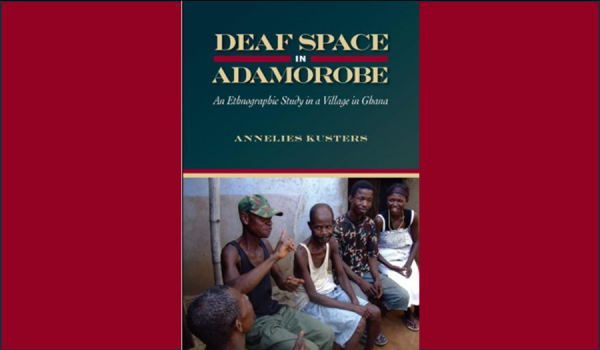
by Annelies Kusters
Sustainability 2012;4(10):2765-2784. DOI: http://dx.doi.org/10.3390/su4102765 Open access
Abstract
Adamorobe is a village in Ghana where the historical presence of a hereditary form of deafness resulted in a high number of deaf inhabitants. Over the centuries, a local sign language emerged, which is used between deaf and hearing people in everyday life, rendering Adamorobe into a unique place of inclusion of deaf people. However, in 1975, a law was introduced to reduce the number of deaf people in Adamorobe: deaf people cannot marry each other in order to avoid deaf offspring. In the long term, this law threatens the linguistic and cultural diversity in this village where the use of sign language is omnipresent and where deaf people are perceived as fully productive and worthy members of society. This article is structured around two sets of tensions in the village, Firstly, hearing people’s acceptance and inclusion of the deaf inhabitants, versus the wish to live in a village with no (or less) deaf people. Secondly, there is a tension between deaf people’s subjection to, and resistance against, the law, this is a tension that can be observed in the existence of relationships between deaf partners, and abortions when these unions lead to pregnancies.



